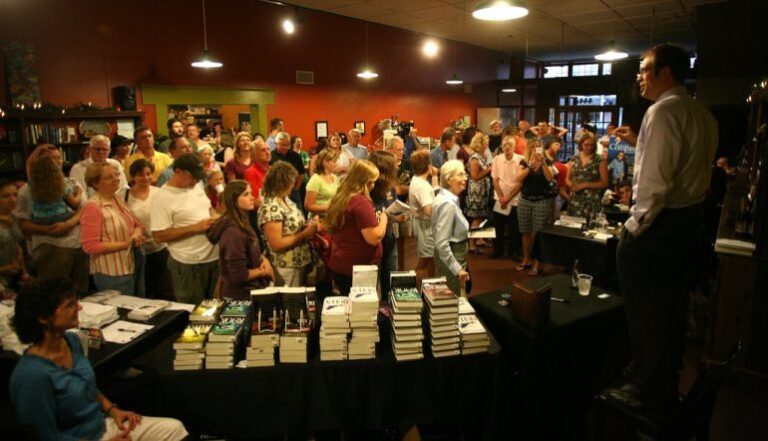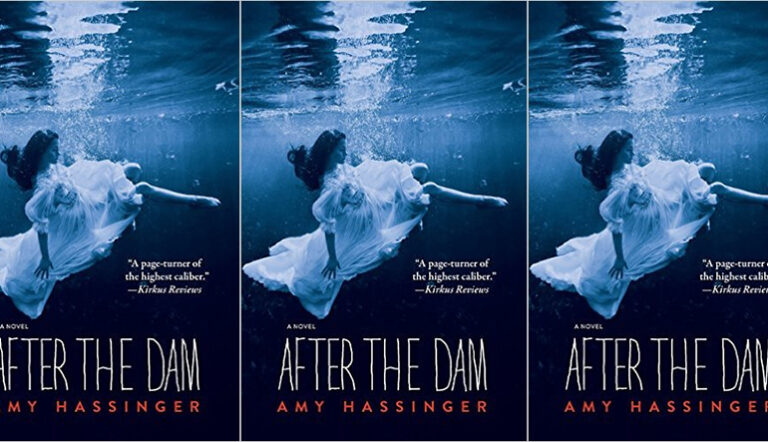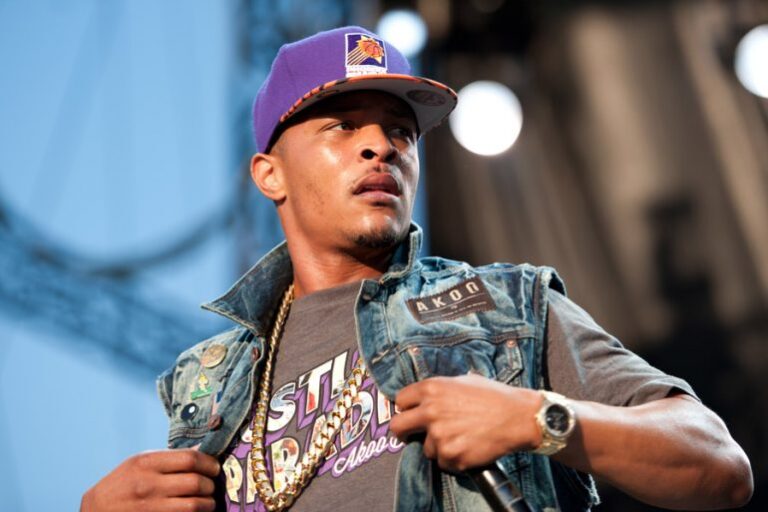I Don’t Stand Alone: Poets Orlando White and Sherwin Bitsui on the Importance of Mentors
Whether it’s in the acknowledgment section of their books or in daily prayers of gratitude, many writers thank mentors for helping to shape their paths as artists. In the interview below, authors Sherwin Bitsui and Orlando White graciously open the window to their friendship and writing.
How did you two meet?
Sherwin: I met Orlando in 2000. I was giving a youth writing workshop in Blanding, Utah, when the English teacher asked me to meet a Diné student who was also a gifted poet. We were introduced later that afternoon and he read some of his own poems to me. He was obviously talented and had a deep connection to language. Over the next few years we continued to correspond and he occasionally sent me poems. He attended my readings at several local book festivals. When I left Utah for my new home in Tucson, I gave him my copy of Lorca’s “Poet in New York” as a parting gift. Ultimately, we were both young poets crossing cultural borders and infusing that space with image and language. It was a new century and we were biting at a new way to speak to the present as honestly and artfully as we could.
Orlando: I met Sherwin Bitsui in a small town in southern Utah. At the time he was teaching poetry for a summer program. And it was through a high school English teacher I was able to connect with him. Back then, I was a completely shy individual who hardly said anything, and a college drop-out. I also worked as a breakfast cook at a local nursing home, lived in a horse stable turned into a makeshift apartment, and made enough money to buy duct tape to repair my clothes and shoes. I hardly ate but somehow I managed to get cigarettes to satisfy my hunger. Being an introvert I always strayed from meeting new people, until I met Sherwin. It has been 12 years since I met Sherwin, over that time we have become compeers and poetic brothers.
What, do you believe, is the importance of mentorship, particularly within communities of writers of color?
Sherwin: As Native writers our experiences as published authors and poets is a rather recent development. There are still myriad historical and sociopolitical issues to wade through. As contemporary Indigenous writers, our forebears have created spaces in which we now freely work. Likewise, we are beginning to reshape those spaces for future generations of Native writers and poets. I was fortunate to have had elder writers give me their time and offer their insight. Unlike these particular elders, who were able to reach into deep wells of experience and knowledge, I was unaware that I was ‘mentoring’ at the time. I simply come from a large extended family and it came quite naturally for me to share my knowledge, however limited that might have been at the time, with a fellow poet.
Orlando: In my early twenties I felt a bit lost. A lot of it was emotional, but I also craved for some kind of discourse. There was an inner weirdness I felt I had. I did not realize it until I wrote down my first line of poetry. I thought to myself what the hell is this? Later, I would find out in my first poetry class that I wrote a metaphor. There was an actual term for that strangeness I viewed myself as and the world I perceived. Then, I read Sherwin’s poetry. The way he used metaphor his lines juxtaposed not only two but many things all in one sentence. That allowed me to free up my imagination but also challenged the short verse I grew to love. I began to emulate his style and found myself in dialogue with his sentences and deep images, to experience and understand poetics.
How has your friendship influenced your writing?
Orlando: Along the way I discovered Sherwin’s intense appreciation for language. I not only developed as a writer reading his poetry but my friendship with Sherwin also grew immensely. Over the years at every opportunity to share our poetry and hang out with each other was always a milestone. We exchanged and read our poems to each other and the more we did, the more we understood our relationship. Later, I found my poetry progressing from his nourishment and challenges he set for me as a writer.
Sherwin: We are in conversation about our craft and our poetic investigations but we don’t specifically write with the same goals in mind. We certainly write towards similar intersections within the relationship we both have with English language poetics, but the nuances of our work grow from different source events and root structures. He has high literary standards and I admire his frankness and resolve to always desire work that not only challenges the reader but also the poet creating the work. We operate differently for good reason, but you can certainly sense a kinship in our work. Maybe it’s the experiences of growing up where we did that connects us—maybe it’s tribal.
Orlando, while we were sitting on the porch at Bread Loaf last August, you mentioned a particular memory with Sherwin where the both of you went on a long car ride but neither one of you spoke for hours. Can you describe that car ride?
Orlando: When we drove, whether to places like Monument Valley, Santa Fe, the desert, around town, around the Navajo reservation, and like many other times, it was always with a sense of immediacy and meditation. Our conversations began with ideas of whether poetic language was the reason why we existed, on whether poetry was really an authentic form of communication to people other than ourselves. And we shared our personal lives with each other too. But there were moments of silence between our talks, moments of shared contemplation, and it was in that space I always found myself re-awakened by his presence and words.
Sherwin, who are your mentor(s)?
Sherwin: I am fortunate to have had many professional mentors in my life. Mentors like Arthur Sze, Jon Davis, Sonja Kravanja and Allison Hedge Coke have been kind enough to give me guidance either in my work or my life that helped me further my own voice as poet.
Often in Diné culture we say “doo aasa’hó si’zįįda” which translates to “I don’t stand alone,” this aphorism speaks volumes to how I became a poet. I came to poetry alone, but in time, many others came to stand with me.
Sherwin Bitsui is the author of two poetry books, Flood Song (Copper Canyon Press, 2009), and Shapeshift (University of Arizona Press, 2003). His honors include a 2011 Lannan Literary Fellowship, a 2011 Native Arts & Cultures Foundation Artist Fellowship for Literature, a 2010 PEN Open Book Award, an American Book Award and a Whiting Writers Award. He is originally from Baa’oogeedí (White Cone, Arizona on the Navajo Nation). He is Diné of the Todich’íi’nii (Bitter Water Clan), born for the Tł’ízíłání (Many Goats Clan).
Orlando White is the author of Bone Light (Red Hen Press, 2009). Originally from Tólikan, Arizona, he is Diné of the Naaneesht’ézhi Tábaahí and born for the Naakai Diné’e. He teaches at Diné College and lives in Tsaile, Arizona.


